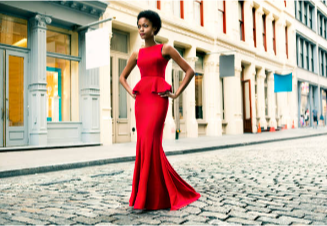Dress:V5tc4yramw8= Fashion

The relationship between dress and fashion is a complex tapestry woven from personal identity, cultural shifts, and ethical considerations. As we explore the evolution of style, it becomes evident that fashion is not merely about aesthetics but also about societal values and individual expression. The recent emphasis on sustainability and ethical practices further complicates this narrative, prompting questions about the future direction of fashion. What implications do these trends hold for both consumers and creators alike? Unpacking these layers reveals a landscape rich with potential for transformation.
The Evolution of Dress:V5tc4yramw8= Fashion
The evolution of dress reflects not only cultural shifts and technological advancements but also the intricate interplay between identity, social status, and artistic expression throughout history.
Historical influences, such as colonialism and industrialization, have shaped fashion’s trajectory, while cultural significance is evident in the ways clothing embodies societal values and individual freedom.
This dynamic interplay continues to inspire contemporary trends, challenging norms and celebrating diversity.
Read more: Drawing:Zxujxkkyxaa= Charlemagne
Sustainable Practices in Fashion
Amid growing environmental concerns, many brands are increasingly adopting sustainable practices to minimize their ecological footprint and promote ethical consumption in the fashion industry.
By embracing ethical production methods and utilizing eco-friendly materials, these brands not only cater to a discerning consumer base but also foster a culture of responsibility.
This shift encourages a more conscious approach to fashion, enabling freedom through mindful choices.
Expressing Individuality Through Style
In an era where conformity often reigns, fashion serves as a powerful medium for individuals to express their unique identities and personal narratives.
Embracing personal style allows one to transcend societal norms, drawing inspiration from diverse cultural influences.
This celebration of individuality empowers people to curate their wardrobes as reflections of their life experiences, fostering authenticity and encouraging freedom of expression in an increasingly homogenized world.
Conclusion
The evolution of fashion signifies more than mere aesthetic progression; it embodies a profound reflection of societal values and individual expression.
As sustainable practices gain momentum, the fashion industry is poised at a pivotal crossroads.
How can designers balance commercial success with ethical responsibility while championing diversity?
This ongoing dialogue highlights the necessity for a conscious approach to style, ultimately shaping a more inclusive and environmentally aware fashion landscape that resonates with contemporary ideals.




